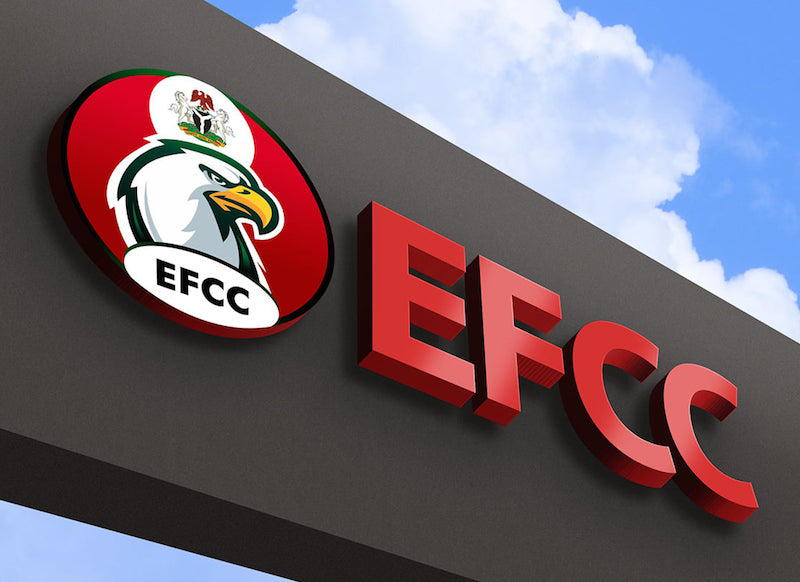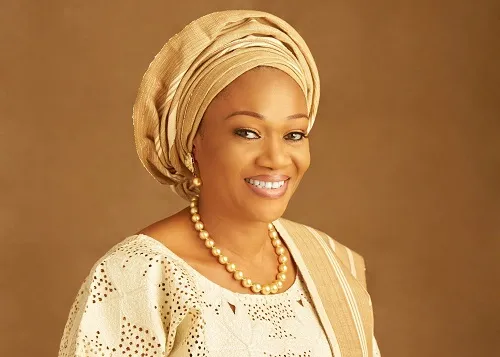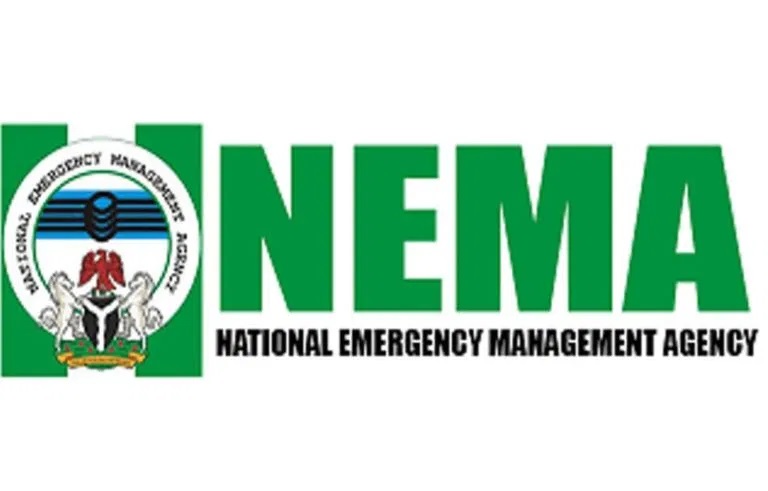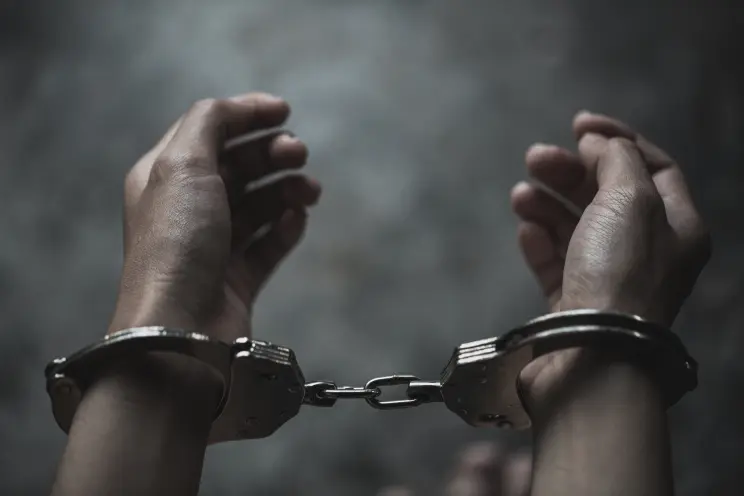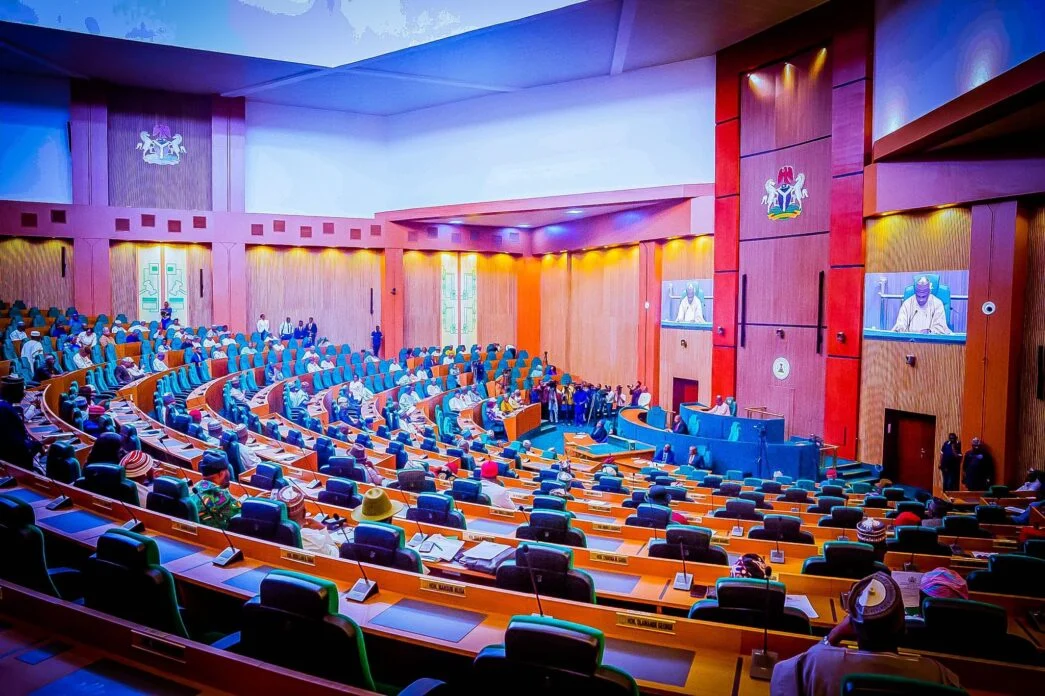NETRIGHT conference calls for bold gender reforms in extractives
A two-day policy conference focused on gender and the extractive industry has renewed calls for reforms to promote greater equity and inclusion in Ghana’s mining and extractives space.
Organized by the Network for Women’s Rights in Ghana (NETRIGHT) in collaboration with Third World Network Africa, the event formed part of the Power of Voices project, aimed at addressing gender disparities in the sector.
The event, moderated by Head of News at Citi FM/Channel One TV, Vivian Kai Lokko, brought together stakeholders with diverse backgrounds and served as a platform for policy dialogue aimed at ensuring Ghana’s natural resource governance benefits all citizens equitably.
The conference highlighted structural barriers that continue to limit the participation of women across the extractives value chain.
“The extractive sector despite its economic power often worsens gender disparities rather than alleviating them. This is the paradox we are here to address,” Reverend Joyce Aryee, former CEO of the Ghana Chamber of Mines who also doubles as the Founder and Leader of the Salt and Light Ministries, noted while delivering her keynote address the opening of the conference.

She further examined the persistent challenges facing women in both formal and informal segments of the sector, particularly in relation to leadership representation, workplace safety, and access to opportunities.
Reverend Joyce Aryee underscored the need to strengthen legal frameworks and policy enforcement to combat gender-based discrimination.
She stressed the importance of intentional inclusion and advocated for equitable access to opportunities within the mining value chain.
“With the Affirmative Act, what you can do is we can decide as a nation that in the next 10 years, we will deliberately, intentionally allocate 30% or 40% of mining leases to women. It is not a priority but a bold decision based on an Act or a policy that you have,” Reverend Joyce Aryee said in a sideline interview.

Also speaking at the event, Programme Manager at NETRIGHT, Cynthia Sunu, called for Ghana’s natural resources to be managed in a way that benefits all citizens especially women.
“The real question before us is who benefits from Ghana’s resources and who also bears the cost. While a few continue to benefit disproportionately many especially women in mining communities remained locked out of the economic gains,” she highlighted.
Stakeholders in Ghana’s extractive sector also advocated for stronger policies to ensure a safer and more inclusive environment for women.
While some progress has been made in the formal sector through the establishment of policies and institutional mechanisms, concerns persist about the lack of adequate protections and systems in place for women operating in informal settings.

“The informal sector are mainly the artisanal small scale miners where regulation at the workplace or workspace is not too effective. They don’t have structured work plan so it makes it difficult because individuals have their own concessions.
“Everybody is moving left and right and most of the women there are on the supply chain. They are servers and they are not doing the mainstream mining so sometimes it difficult for them to be protected,” Training ,programs and stakeholder relations officer with the Ghana Mine Workers Union, Vida Brewu said in an interview with Citi Business News
